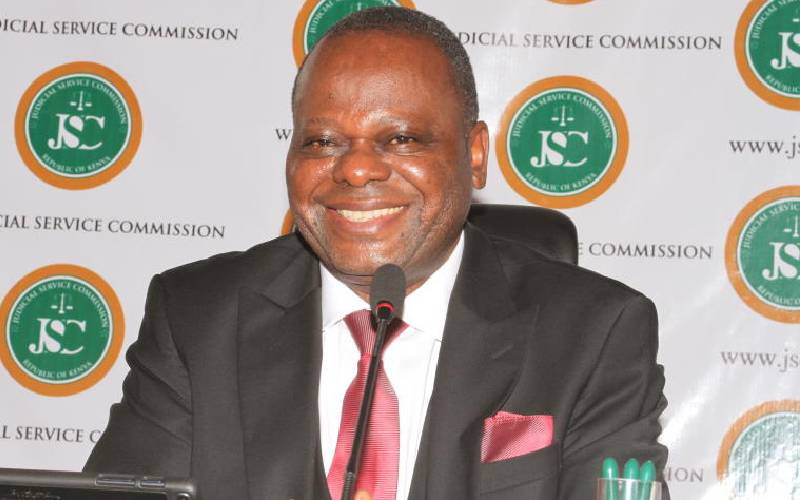×
The Standard e-Paper
Stay Informed, Even Offline

A university lecturer has drawn Kenya Power and Lighting Company's first blood in a landmark judgment that now puts the corporation in a spot over blackouts.
Prof Moni Wekesa spent months without electricity. He pleaded with KPLC to sort the mess but the corporation let him languish in the dark and did respond to his two complaints.